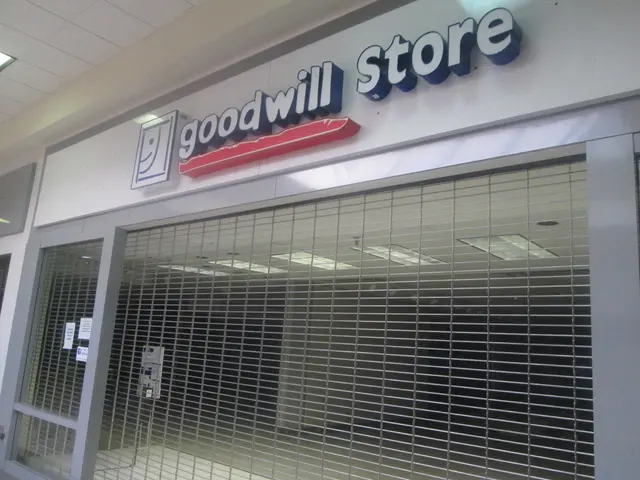Security concerns persist with free Wi-Fi services in 2025, despite their prevalence.
In cafes, restaurants, and public venues around the world, the question of Wi-Fi passwords is a common one. However, the openness of Wi-Fi routers, as stated by Ivan Milenkovic, a vice president at the California-based IT security firm Qualys, makes them insecure. This vulnerability is a concern not just for businesses, but for customers as well, as the need for a balance between security and convenience becomes increasingly important.
Fast forward to 2025, and free Wi-Fi remains one of the riskiest internet services. This is evident in the UAE, where many lower-to-mid income residents without large mobile data plans rely on Wi-Fi in public venues. Yet, millions of people, including the author, continue to log on to these unsecured networks.
Lower-income people and retirees frequently use free Wi-Fi in public libraries, and teenagers are more likely to log on to Wi-Fi networks found in malls. This widespread use of unsecured Wi-Fi networks opens the door to various cyber threats such as man-in-the-middle attacks, "evil twins", and packet sniffing.
Providers can take steps to improve the security of their Wi-Fi networks. Instead of having one, unchanging password for the whole network, issuing one-time access codes can make connections more robust. Clear communication about the level of security provided can also allow customers to make informed choices.
Major hotels, airports, and malls are under consumer pressure to improve Wi-Fi security. If users review the security of Wi-Fi on offer when they share their experiences on sites like TripAdvisor or Google Maps, it may send a message that decent Wi-Fi security should be an essential service, not an optional extra.
Satellite links could provide a solution to improve encryption by routing traffic away from local internet service providers, providing a direct connection to the Web that cuts out man-in-the-middle hackers. Reminding customers on the login page about digital security while using free Wi-Fi can also be helpful.
Gartner predicts worldwide spending on cybersecurity products and services will reach $213 billion this year, highlighting the importance placed on digital security. The company m3connect, which operates the most public Wi-Fi networks, manages around 17,000 locations worldwide across more than 27 countries. They provide security measures including state-of-the-art technologies such as WiFi, private LTE, 5G, and innovative software solutions like SD-WAN to protect their customers.
Convenience often trumps safety concerns when it comes to using unsecured Wi-Fi. As we continue to rely on these networks, it is crucial that we take steps to ensure our digital safety. By staying informed and demanding better security, we can help create a safer digital world for all.
Read also:
- Global Content Dissemination Through Cross-Linguistic Voiceovers
- Mandated automobile safety technologies in the EU may be deemed "irrational," "erratic," and potentially dangerous, experts caution.
- AI-Generated Humor Spreads on Gemini Nano Banana: Light-hearted Modifications Spark Concerns over User Privacy
- New study reveals that Language Models can execute complex assaults independent of human intervention







